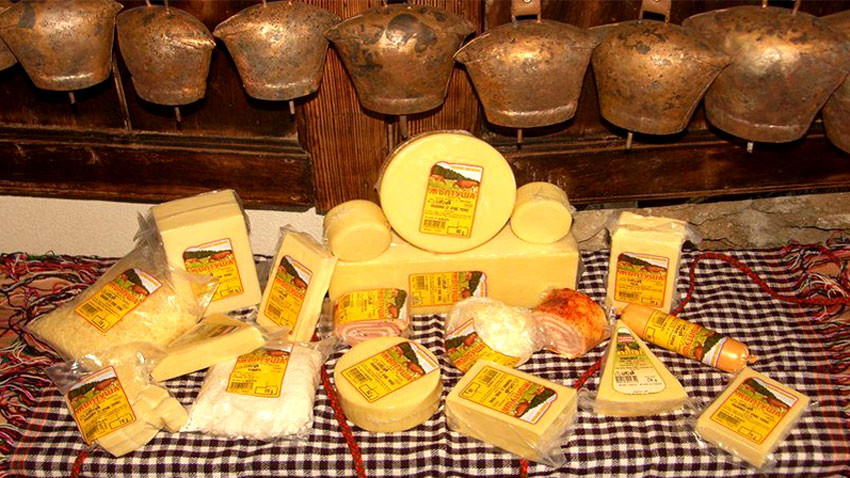
New rules for selling imitating milk products entered in force, January 14. Such products should be arranged in separate stands; the word MILK should not be present on their label, but it should clearly state that the product imitates regular dairy products and inform precisely what is the ingredient used instead of milk. Producers had a six-month gratuitous period to update their production and labeling to meet new standards.
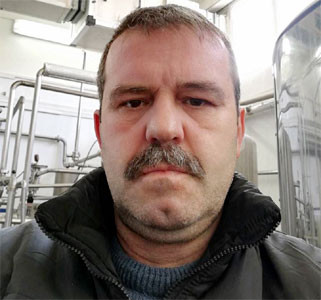 “That should have been done long ago. No milk products should be produced out of vegetal fats”, comments Vladimir Persenski, owner of a dairy farm in the village of Zhaltusha, Kardjali region. “We that use only real milk, could be in no way competitive. They extract the true butter and add vegetal fats, as that makes the product much cheaper. I believe that is not a healthy product, no matter whether it is cheese or yogurt. Here in the Rhodope Mountains dairy farms do not allow the introduction of such vegetal fats. It’s better to get less, but to have the real thing.
“That should have been done long ago. No milk products should be produced out of vegetal fats”, comments Vladimir Persenski, owner of a dairy farm in the village of Zhaltusha, Kardjali region. “We that use only real milk, could be in no way competitive. They extract the true butter and add vegetal fats, as that makes the product much cheaper. I believe that is not a healthy product, no matter whether it is cheese or yogurt. Here in the Rhodope Mountains dairy farms do not allow the introduction of such vegetal fats. It’s better to get less, but to have the real thing.
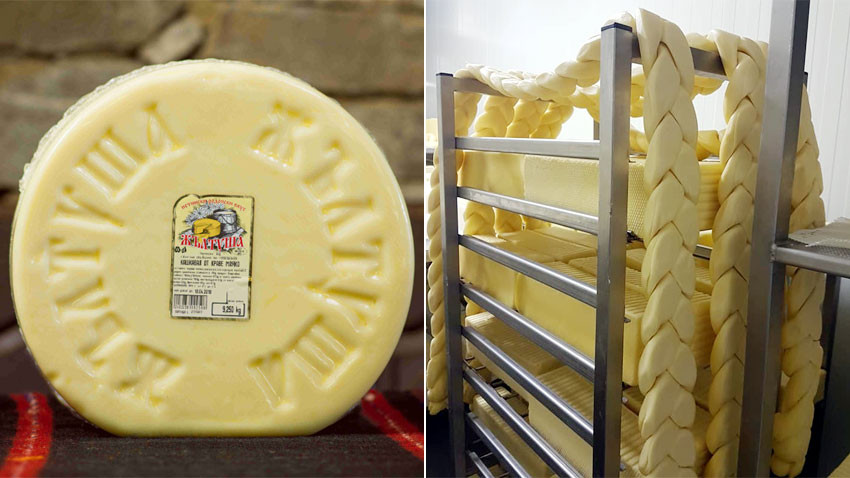
Vegetal fats like sunflower oil, palm oil – are not harmful when used in their natural liquid state. However, when processed under very high temperature these oils turn into hydrogenated fats, which makes harder all products it is introduced in. Such products also have a longer life before expiry date.”
Nowadays Bulgaria’s market is full of Bulgarian as well as imported dairy products and prices vary greatly. Can the price of a product be indicative as to its quality?
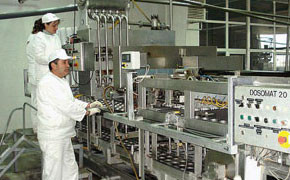 “The Kashkaval (the Bulgarian yellow cheese) – if produced at a price of 10-12 leva, should appear in the market at the price of 14-15 leva per kilo. A pack of 500 grams of yogurt we produce, costs 0.8-0.82 leva, but in retail chains the price is different. The problem however is not the price itself, but the low purchasing capacity of the Bulgarians. There are 14 people working in our dairy farm, my wife and myself included. I believe that the smaller the dairy farm, the better, as that allows us to produce only real things. On the other hand, the market is also a factor that restricts us. I would advise people to by Bulgarian products, no matter which farm they are made in. Yet the taste of young people has changed considerably. It is important not only to support our local economy, but also to preserve and pass on the traditional taste. There are more than enough tasty things produced in Bulgaria”, the dairy farmer goes on to say.
“The Kashkaval (the Bulgarian yellow cheese) – if produced at a price of 10-12 leva, should appear in the market at the price of 14-15 leva per kilo. A pack of 500 grams of yogurt we produce, costs 0.8-0.82 leva, but in retail chains the price is different. The problem however is not the price itself, but the low purchasing capacity of the Bulgarians. There are 14 people working in our dairy farm, my wife and myself included. I believe that the smaller the dairy farm, the better, as that allows us to produce only real things. On the other hand, the market is also a factor that restricts us. I would advise people to by Bulgarian products, no matter which farm they are made in. Yet the taste of young people has changed considerably. It is important not only to support our local economy, but also to preserve and pass on the traditional taste. There are more than enough tasty things produced in Bulgaria”, the dairy farmer goes on to say.
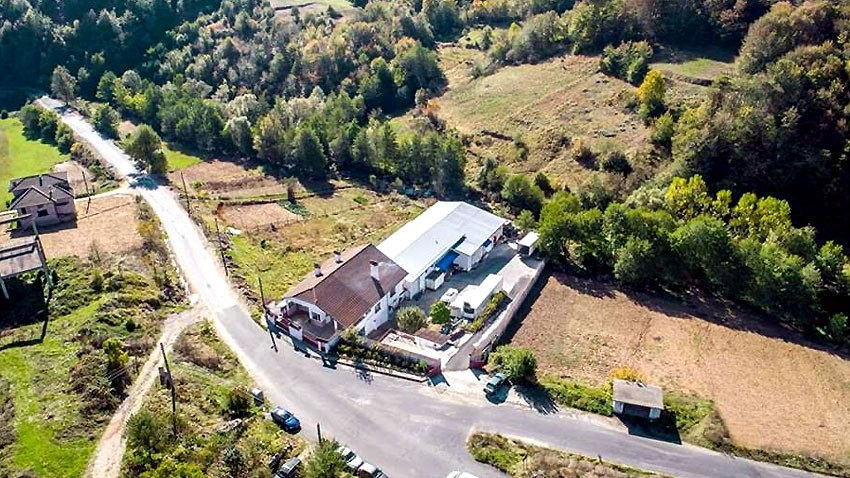
Vladimir Persenski’s dairy farm works since 2002. It produces mainly Kashkaval (yellow cheese), butter, curds, four different kinds of yogurt and Ayran (a yogurt drink). “At the beginning we used to buy off the milk from cow owners from our village. With the years, it became insufficient. So now we are buying milk also from farms in Haskovo, Plovdiv and Mineralni Bani. Our products are sold in Varna, Sofia, Plovdiv, Gabrovo and Pleven”, the producer explains.
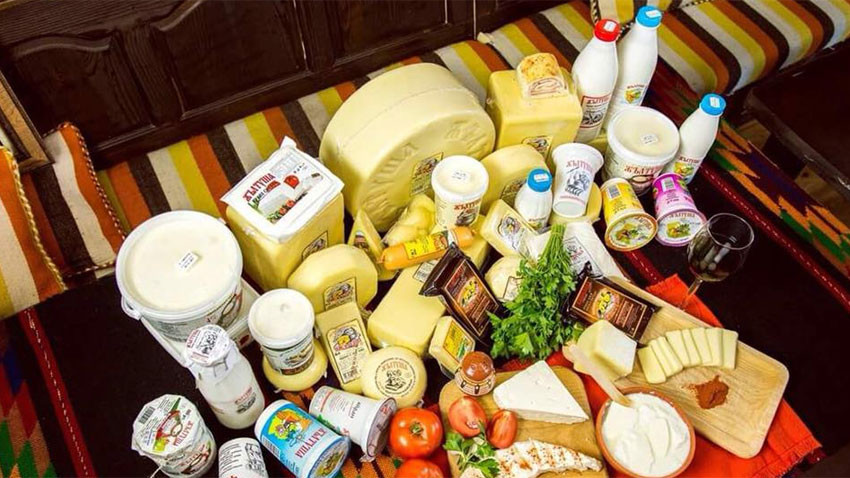
As to the plans to expand the farm and diversify its production, Vladimir Persenski adds: “The main issue in that direction is the market. Everyone wants to expand, but when you produce something but you cannot sell it out, prices being a drawback, then you cannot expand production. But regardless of problems, I am optimistic and I believe in the future. People’s incomes, even though hesitantly, are going up, and we can feel it in our business. Some two or three years ago it was very difficult, but now there is a positive movement in the market. And Bulgarians started opting for local products.”
“True Rhodope Taste” is the slogan under which Vladimir Persenski offers his produce. What is the secret of local taste?
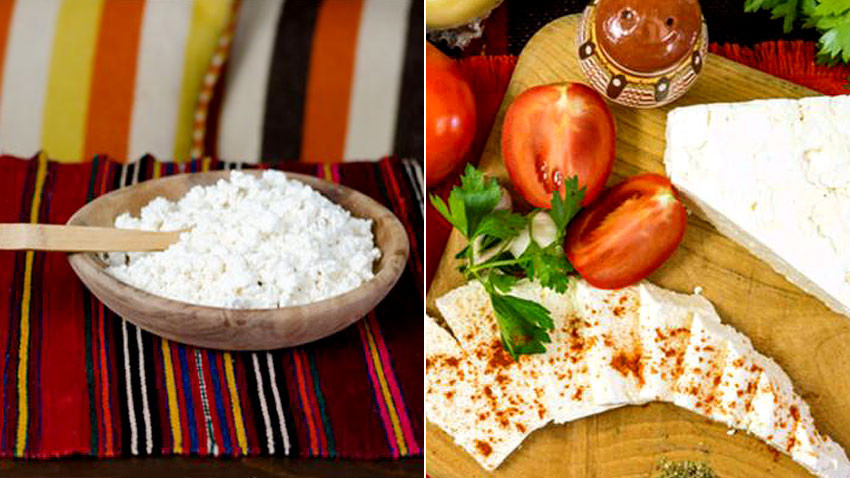
“The secret is one and people know it. No matter whether producing milk or Kashkaval, you should make it with love. There is no other secret. I make the yogurt, my wife makes the Kashkaval. Without ingredients like love, ambition, perfect hygiene, one can achieve nothing in our branch. We are producing dairy products for 17 years now and we have been doing it the same way all through. Our production is like a young child – it needs all your attention. If you don’t give love, you cannot expect a quality result. This production also requires effort and diligence – to make products of ever better quality and always keep in mind that they are consumed by thousands of people.”
English version: Iva Letnikova
Photos: private libraryThe consulates of a country abroad are usually seen simply as the place where citizens go when they need assistance—whether to obtain documents or resolve problems that arise during their stay in a foreign country or in the event of a natural disaster...
One of Bulgaria's longest-running summer festivals takes place in Primorsko , a resort town on the Black Sea coast. Over the next three months, Prim Fest 2025 will bring residents and tourists nights filled with music, offering a rich palette of..
Croatia advises its nationals to postpone non-essential travel to Serbia Croatia’s Ministry of Foreign Affairs has advised Croatian nationals to postpone all non-essential travel to Serbia, national broadcaster HRT reported...
One of Bulgaria's longest-running summer festivals takes place in Primorsko , a resort town on the Black Sea coast. Over the next three months, Prim..
The consulates of a country abroad are usually seen simply as the place where citizens go when they need assistance—whether to obtain documents or resolve..
Croatia advises its nationals to postpone non-essential travel to Serbia Croatia’s Ministry of Foreign Affairs has advised Croatian nationals..

+359 2 9336 661
